United Nations
Heads of State, Heads of Government and representatives of the 193 UN Member States are participating in the 71st General Assembly of the United Nations which opened with a summit for refugees and migrants on September 19, 2016.
World leaders are addressing the Assembly in the General Debate which started on Tuesday, September 20.
The subject for the debate which will end on September 26 is – The Sustainable Development Goals: A Universal Push to Transform our World.
After the speech by the outgoing Secretary-General of the UN, Ban Ki-moon, 32 Heads of State addressed the Assembly including presidents of Chad, Malawi, Tunisia, South Africa, Egypt, Nigeria, Uganda, Zambia and Senegal.
Chad
President Idriss Déby Itno acknowledged Chad’s effort in the fight against Boko Haram through its contribution to the regional force to fight the Islamist group.
He stressed on the need for the international community to support African regional efforts to solve problems citing the situation in Libya, South Sudan and the Central African Republic (CAR).
President Deby said he believes a political solution is needed in these countries including Burundi and Gabon urging the political players to engage in dialogue.
He expressed support for an independent and viable Palestinian State and called for continuation of the peace process.
President Arthur Peter Mutharika expressed Malawi’s respect for basic human rights as it opened its doors to refugees from neighbouring countries.
He however outlined the effects of climate change on the country which has been struck by floods and drought rendering millions of people in need of food assistance.
President Mutharika stated that Malawi will sign the Paris Agreement. He also called on the international community to engage in business with Malawi.
President Béji Caïd Essebsi explained his country’s strides in promoting security and human rights since the revolution but requested for more support to improve its economy.
He emphasized Tunisia’s commitment to the African Union’s Agenda 2063, which was a call for action to build a prosperous and united Africa on the basis of shared values and a common destiny.
He called for a solution to conflicts in the Arab world and supported an independent Palestinian State.
President Jacob Zuma recalled the progress made by South Africa over the years against colonialism and apartheid. He also outlined their deveopmental progress in line with the African Union’s Agenda 2063.
Zuma called for inclusive growth where countries put global interests ahead of national ones. He finally requested for the transformation of the United Nations Security Council to include African countries.
President Abdel Fattah Al Sisi called for support of developing countries to achieve the sustainable development goals.
He said Egypt had managed to preserve its stability in the midst of a highly unstable region and called on the conflicting countries in the Middle East to resort to a political settlement.
Al Sisi also called for support for the Somali government and also a resolution of the political crises in Burundi and South Sudan.
President Muhammadu Buhari highlighted Nigeria’s anti-corruption stance and effects of the global downturn on the country.
He also pointed out the effects of climate change on the region which has threatened the livelihoods of an estimated 30 million people calling for global attention.
Buhari addressed terrorism citing the September 11 attacks in the United States and the battle against Boko Haram. He called for international collaboration against terrorism but warned against unilateral decisions that could disrupt collective efforts.
He finally called for a UN reform to include Africa into the permanent membership of the Security Council.
President Yoweri Kaguta Museveni addressed the implementation of the SDGs to eradicate poverty as well as “bottlenecks” in the Agreement including “misguided ideology”.
“Ideology had to be singled out and must be addressed to prevent discrimination based on religion, gender and political orientation,” he said.
he also addressed African trade and the effects of the SDGs on local production.
President Edgar Chagwa Lungu wanted least developed countries to get more attention because of their vulnerability during the implementation of the development goals.
He noted his country’s efforts towards the development of small- and medium-size enterprises and their solution to challenges including unemployment and access to health services.
Lungu also called for African representation on the Security Council.
President Macky Sall addressed Islamophobia and peaceful co-existence which he believes will tackle all threats to international peace and security.
He called for respect for Africa which is developing rapidly with progress in good governance and business climate relevant for investment.
He also described Africa’s absence on the permanent seat of the Security Council as unjust although its countries represented almost one-third of all Member States.



![Highlights: What are African leaders saying at the UN General Assembly? [Day 1]](https://static.euronews.com/articles/344612/400x225_344612.jpg)

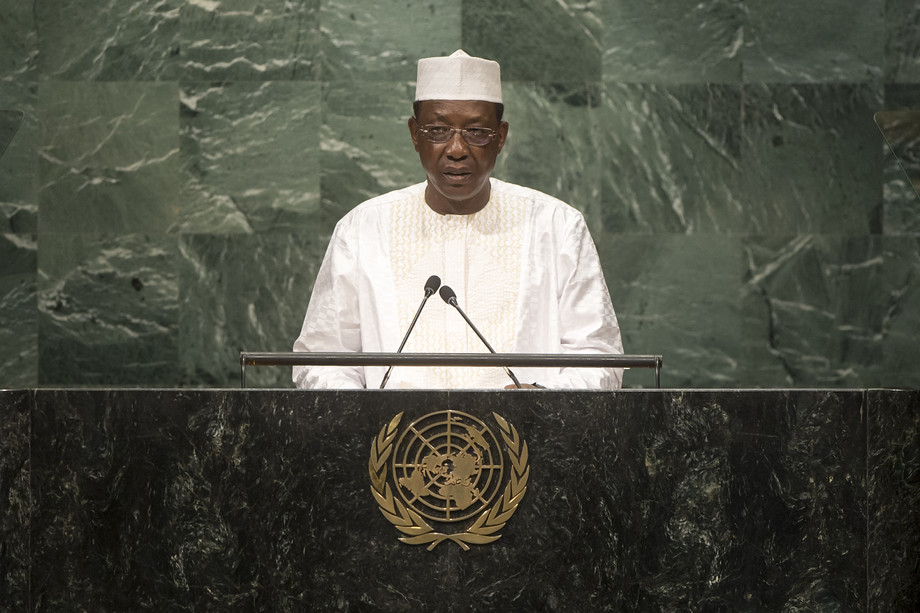
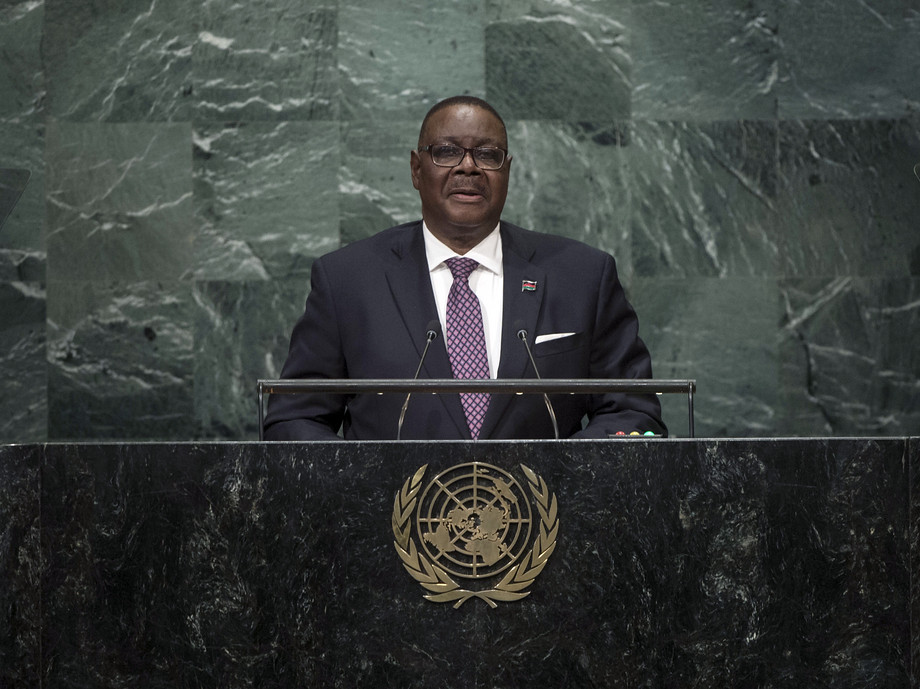
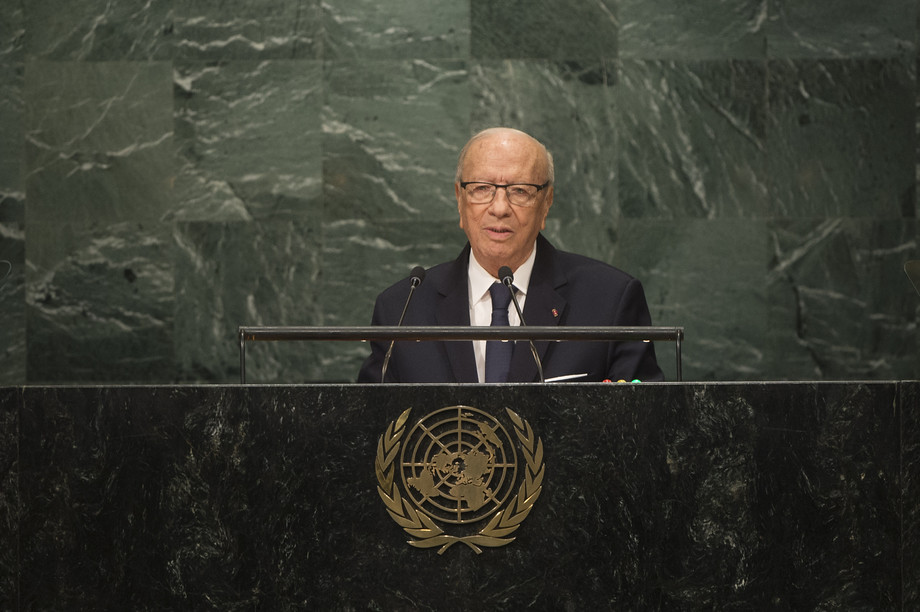
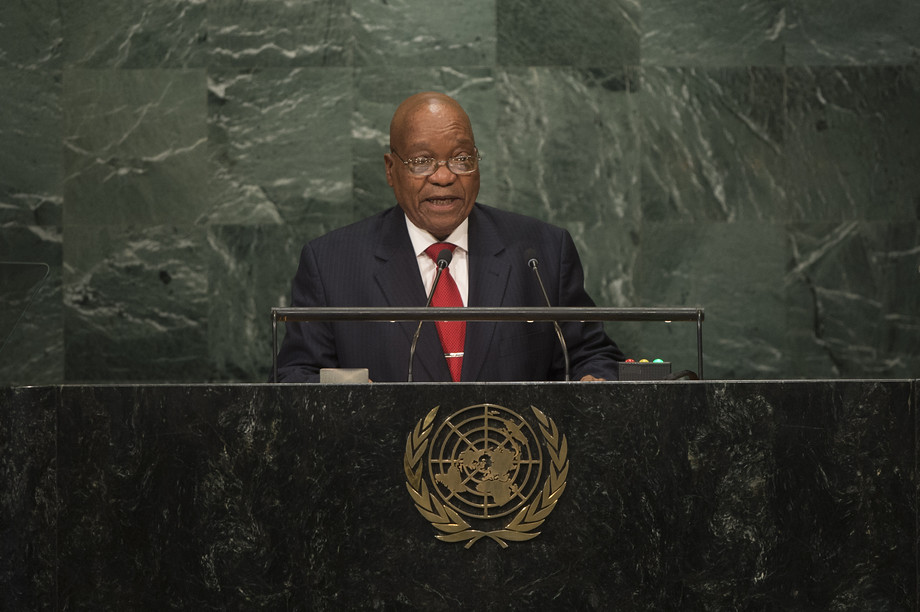
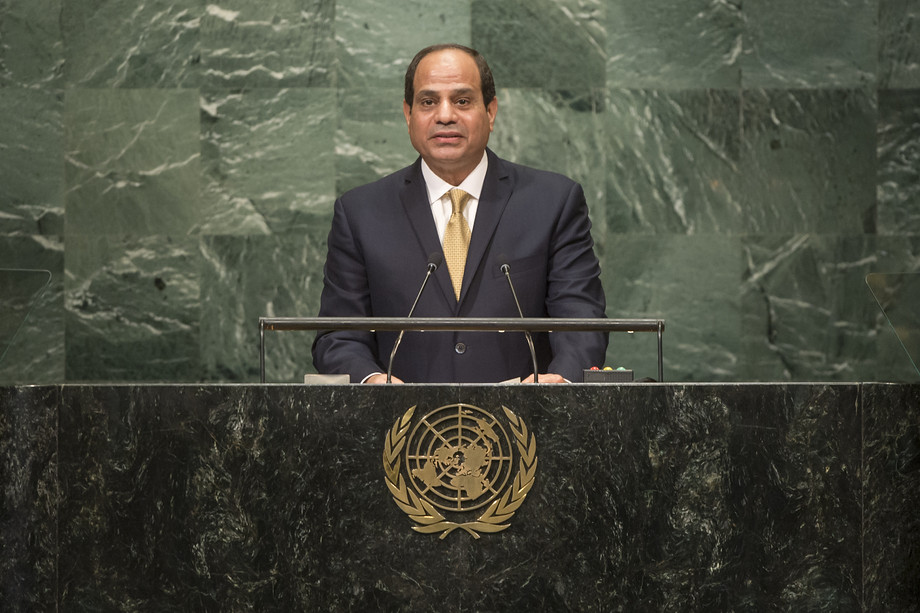
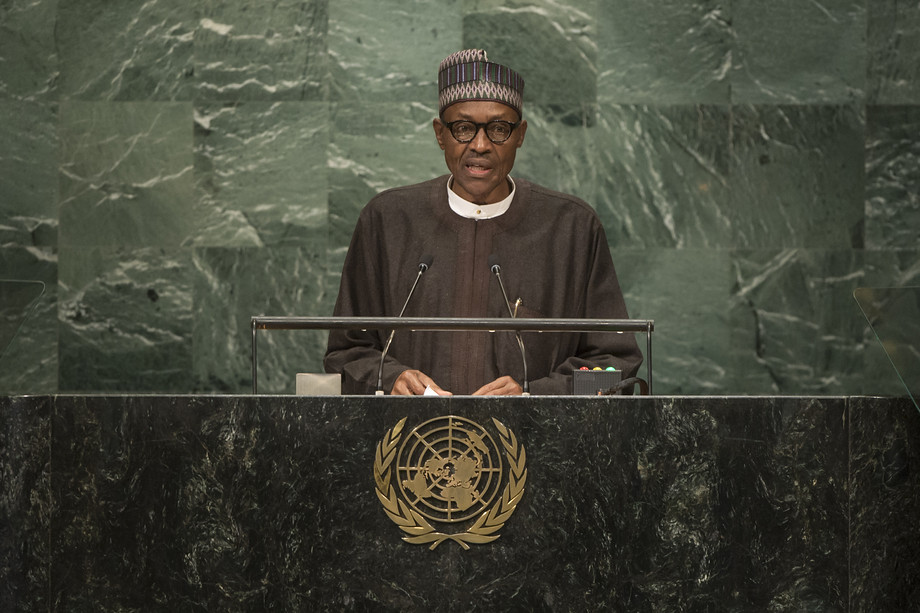
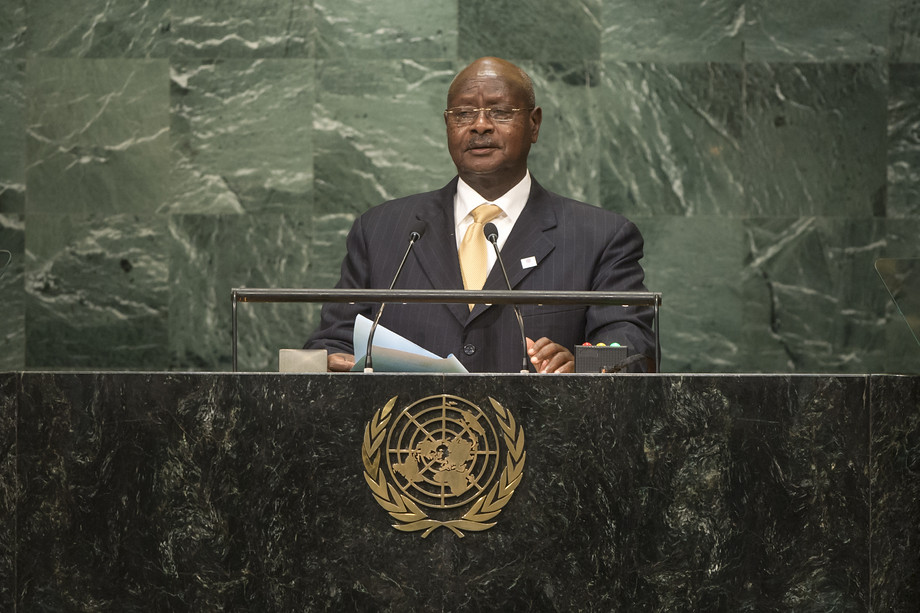
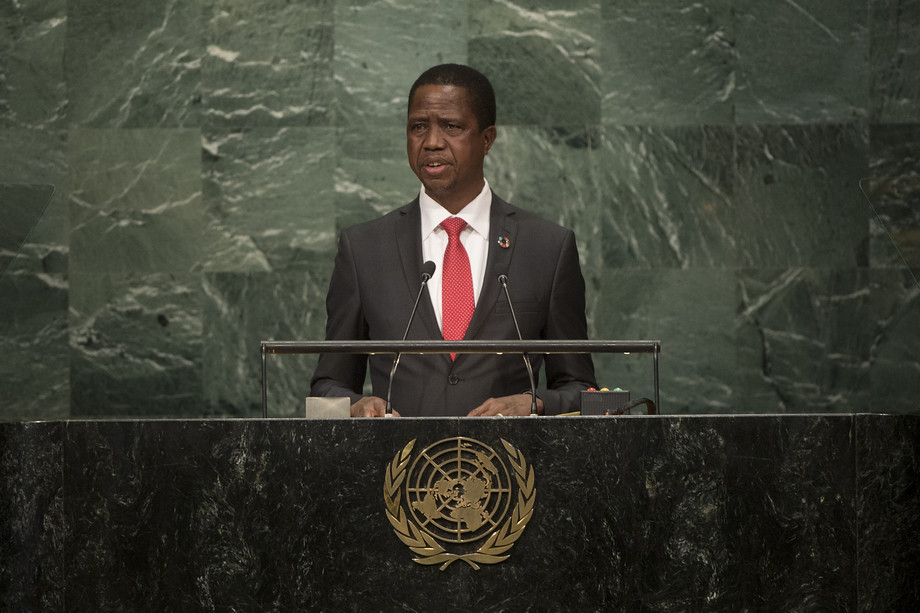
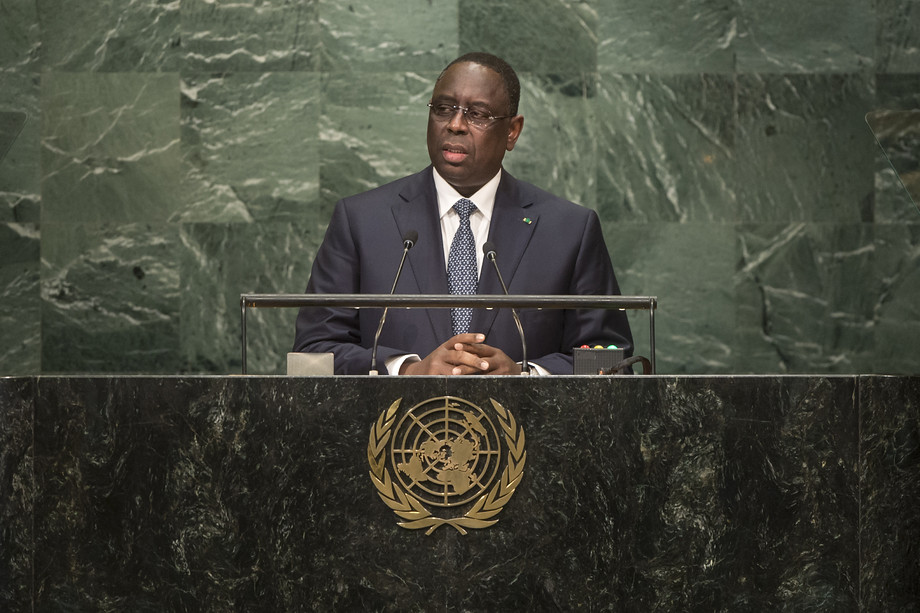
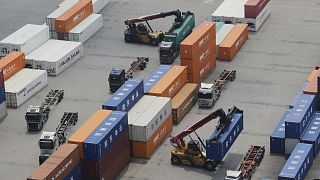
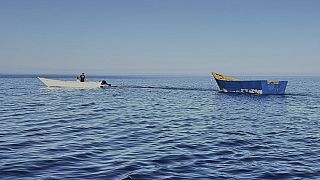




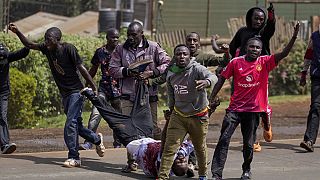
01:22
World will have to learn to live with heatwaves, UN says
Go to video
Paraguayan town celebrates vibrant Kamba Ra'anga festival with masks, fire and tradition
01:39
Sustainable development financing conference opens in Seville
01:35
UN and Haitian officials mark one year since Kenyan police arrived to support security efforts
01:42
Gaza residents welcome rare organized aid delivery after months of chaos and hunger
01:50
UN urges renewed political and climate action in Libya amid humanitarian and governance crises